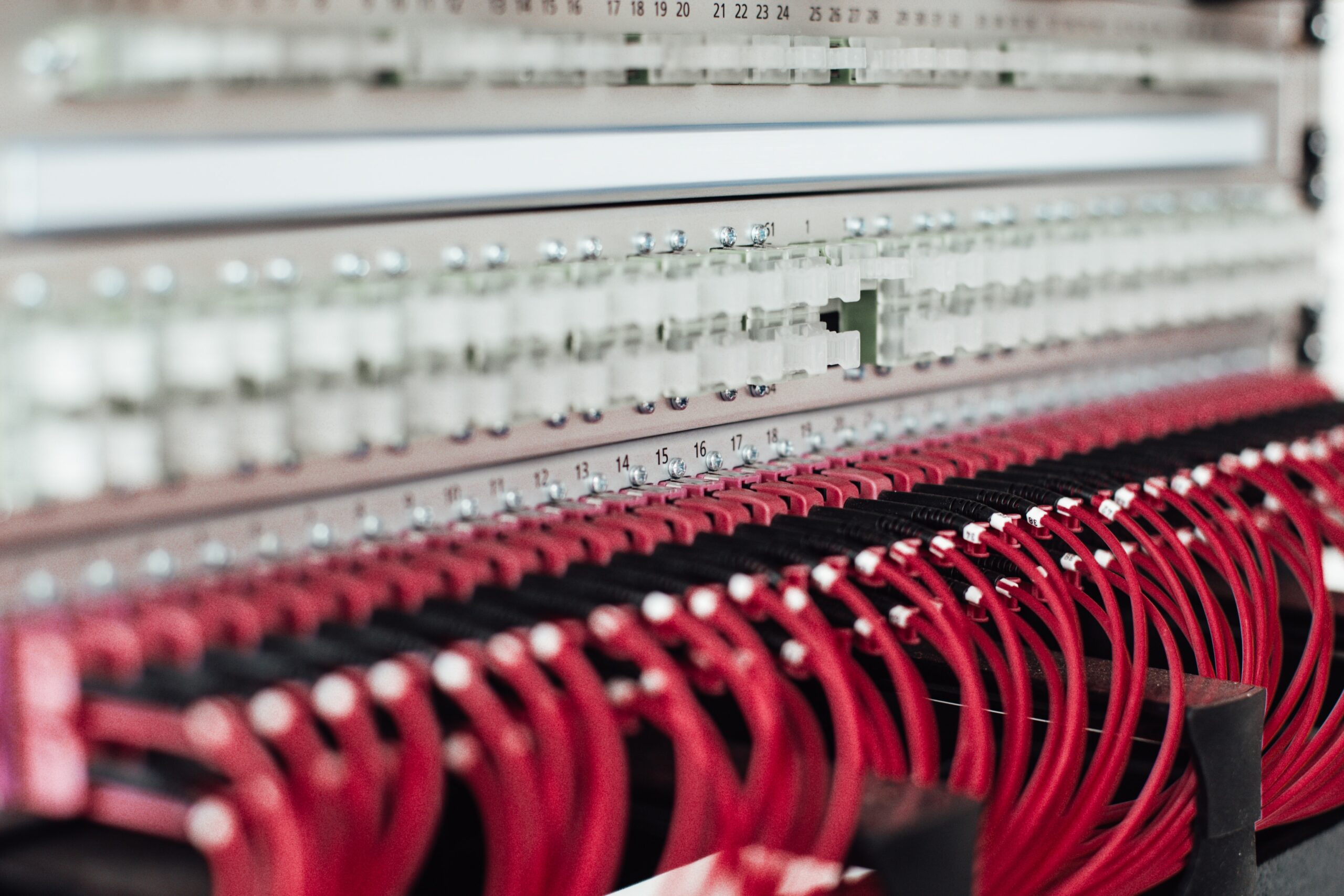Colocated servers allow businesses to meet their infrastructure needs while maintaining hardware control. Colocation leverages the data center operator’s resources and expertise for improved scalability, uptime, and cost-effectiveness. However, as attractive as these benefits are, colocated servers face security risks that require careful consideration and planning.
This article will explore three key security risks associated with colocated servers and provide actionable guidance on mitigating them.
Physical Security
In a colocated environment, servers and networking equipment are housed in a third-party data center. Colocation users must rely on the data center’s physical security to prevent unauthorized access to their hardware. Inadequate physical security can lead to data loss, service disruption, and reputational harm.
Mitigating Physical Security Risks
To limit physical security risks, prioritize colocation operators that offer comprehensive physical security measures. Look for facilities with multiple layers of protection, such as perimeter fencing, 24/7 security personnel, and secure entry points with biometric access controls. Additionally, ensure that the provider adheres to industry security standards and certifications, such as ISO/IEC 27001 and SSAE 18.
Unauthorized Access
Cybercriminals or malicious insiders may exploit vulnerabilities to access sensitive information or disrupt services hosted on your colocated servers. Ensuring that your servers are protected from unauthorized access is crucial to maintain secure and resilient infrastructure.
Mitigating Unauthorized Access Risks
Implement robust authentication protocols, including multi-factor authentication (MFA), to minimize the risk of unauthorized access. MFA requires users to present two or more pieces of evidence, such as something they know (e.g., a password), something they have (e.g., a security token), or something they are (e.g., a fingerprint), making it more difficult for attackers to compromise accounts.
Enforce a strong password policy for all users with access to your colocated servers. Your password policy should require complex and unique passwords, although you should avoid the common practice of requiring users to change their passwords periodically.
The National Institute of Standards and Technology (NIST) warns that forcing frequent password changes tends to increase security risks. NIST advises that password changes should only be forced when there is evidence the password, the user’s account, or other aspects of the system have been compromised.
Passwords are just one of the credentials that could put your business at risk if leaked. You should also ensure that other secrets, such as API and SSH keys, are stored securely, preferably using a well-regarded secret management application or service.
Network Vulnerabilities
Colocated servers face the same risks as other servers accessible from the open internet. If possible, exposing servers to the internet should be avoided. For example, a web app’s database server should only respond to requests from the app’s web servers and other services under your control. However, some servers need to be accessible from the internet, so it’s essential to identify and mitigate risks to protect them from malware infections, unauthorized access, and data breaches.
Mitigating Network Vulnerabilities
Network vulnerability mitigation is one of the most complex aspects of server security. There are many types of vulnerabilities, and bad actors are always looking for security gaps to exploit.
Here are some of the techniques you should implement to mitigate network security vulnerabilities:
- Perform regular vulnerability scans to identify weaknesses in your colocated server’s network and software. Use automated scanning tools and maintain an up-to-date inventory of your hardware and software assets to ensure comprehensive coverage.
- Implement a systematic patch management process to identify security vulnerabilities and apply updates promptly, reducing the window of opportunity for attackers to exploit known vulnerabilities.
- Implement network firewalls to monitor and control incoming and outgoing traffic. You should also consider deploying intrusion detection systems (IDS) and intrusion prevention systems (IPS) to monitor network traffic for malicious activities, detect potential attacks, and take appropriate actions.
- Remote access to your colocated servers should be secured using virtual private networks (VPNs) or other encrypted communication channels to protect sensitive data in transit. You may also want to restrict remote access to a limited number of trusted devices and IP addresses.
We’ve covered three of the most common colocation security risks and how to mitigate them, but the single best way to protect your colocated hardware is to work with a colocation provider that takes security seriously. Liberty Center One offers versatile security-focused server colocation services that can help keep your hardware and data safe. Contact our colocation team to learn how we can help your business.
